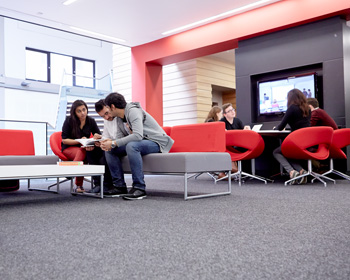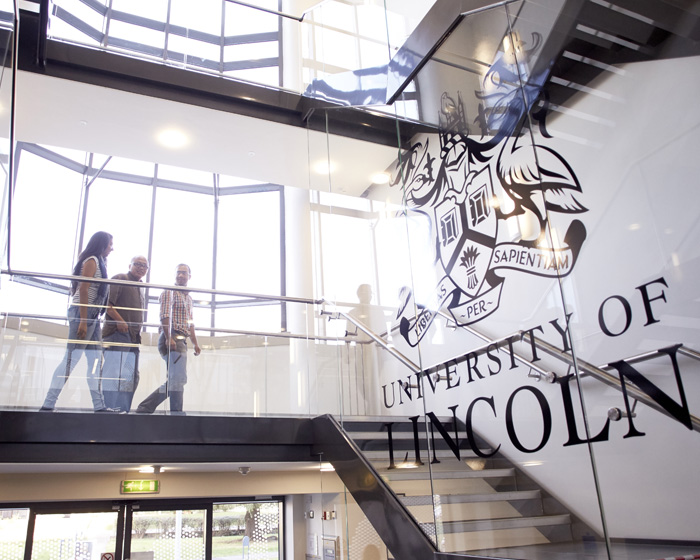Marketing Research Group

Who We Are
The Marketing Research Group (MaRG) collates and develops the research calibre of a group of colleagues, both early career and well established, who are contributing to a wide range of marketing-related studies. These include marketing strategies, consumption, consumer culture, consumer behaviour, communications, advertising, digital and social media, brand management, entrepreneurial marketing and consumer technology.
By means of a wide range of scholarly activities, MaRG aims to enhance knowledge and offer insights for marketing and consumer studies in various local or global contexts, from a spectrum of perspectives that draw on cross-disciplinary approaches. Our research puts emphasis on creating and fostering sustainable values and resources for markets, consumers and related stakeholders.
With diverse background and scholarly interests of our members, we offer a number of undergraduate programmes ( BA (Hons) Marketing and Advertising, and BA (Hon) Business and Marketing Management) as well as postgraduate programmes (MSc Digital Marketing, MSc Management with Marketing, MSc Marketing, MPhil/PhD Marketing).
Our Research

A Self-Sustaining Business Model for the Lincoln Trauma Centre
Dr Victoria Ellis-Vowles is pleased to announce that she is working with Lincoln Trauma Centre to create a self-sustaining business model. The consultancy is funded by the European Regional Development Fund Productivity Voucher Scheme.

Developing Home Gym's Value Offering for their Social Media Community
Dr Victoria Ellis-Vowles is pleased to announce that she is working with Home Gym UK Community to develop their value offering for their social media community. The consultancy is funded by the European Regional Development Fund Productivity Voucher Scheme.

Understanding Intergenerational differences in visitors’ sustainable behaviours
Dr. Samira Zare’s project explores intergenerational differences in sustainability-related behaviours within the broader leisure context to inform both theory and practice about the implications of such behavioural differences

Using cultural capital for acculturation
Dr Connie Mak’s study draws on the sociological perspective of practice theories to explore the ‘process’ of how educated and affluent immigrants from the Mainland China adapt to their new life and identities in Hong Kong through the consumption and acquisition of cultural capital

Exploring the Role of Consumption in the Acculturation Process of International Students in the Higher Education Sector
Dr Connie Mak's project adopts a processual perspective and a sociological angle to understand how students acquire and mobilize different consumption resources and practices to adapt progressively to their studying journey abroad.
Connect with Us
 |
 |
 |
 |
 |
 |
Lincoln International Business School, University of Lincoln, Brayford Wharf East, Lincoln, LN5 7AT, UK
Telephone: +44 (0)1522 835509 | Email: libs@lincoln.ac.uk









